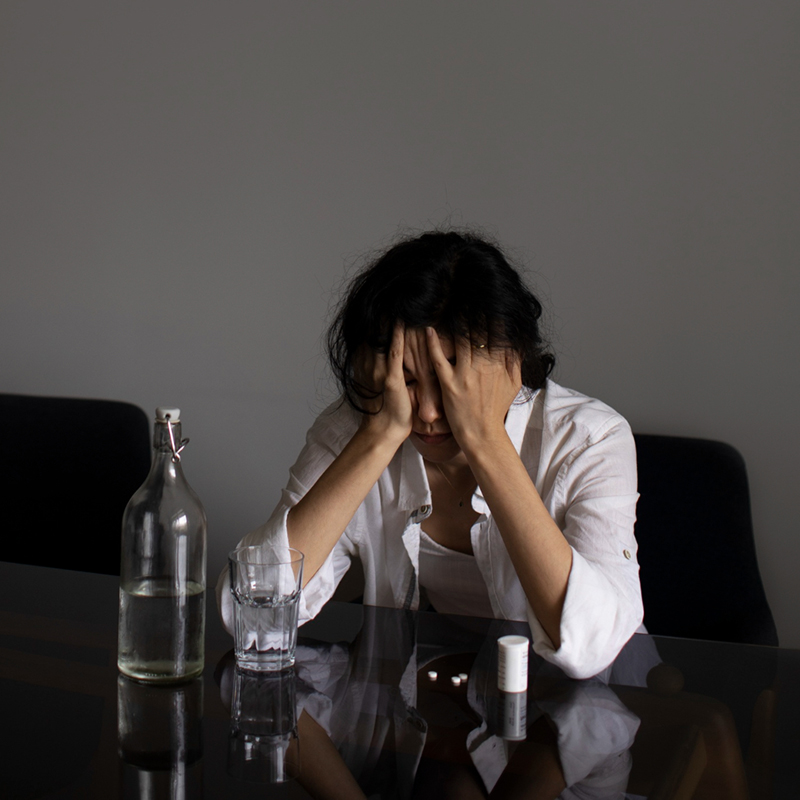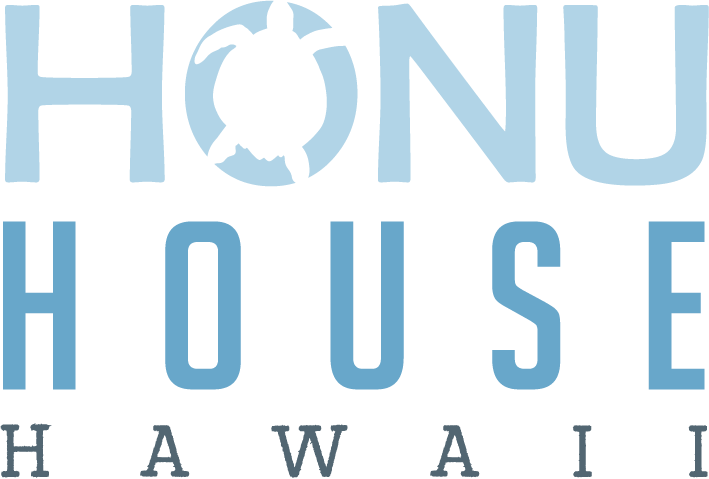
Treatments for Alcoholism and Depression in Hawaii
-
By John Burke
-
October 24, 2022
People consume alcoholic drinks for a variety of reasons. For example, many might seek solace in drinking to excess after a heartbreak or a great let down. Others drink only occasionally, during something like a celebration or special event. Others, still, may get drunk for no other reason than they simply feel like getting drunk at a party with friends. However, some people use alcohol as their coping mechanism, a means for forgetting everything that has been bothering them. This can be particularly true for people with high levels of stress and trauma.
Moreover, people battling depression are at an increased risk of becoming dependent on alcohol. Depression involves the continuous feeling of hopelessness and sadness. As time passes, it affects a person’s emotions, influencing their actions and how they process new experiences and information. In addition, it dramatically affects aspects of daily life, such as:
-
professional responsibilities
-
personal goals
-
relationships with family, friends, and colleagues.
So, what action can you take in seeking treatments for alcoholism and depression in Hawaii? Everything discussed below is a way to deal with and ultimately get over depression and alcoholism.
What does Depression have to do with Alcoholism?
Drinking alcohol often becomes an escape for people who suffer from depression. They use it to suppress the symptoms they experience related to their condition. Some of these symptoms are:
-
loss of interest in things they previously enjoyed
-
irritability
-
restlessness
-
anxiety
-
difficulties sleeping (insomnia).
However, this coping mechanism can also result in something worse—namely, alcoholism. Some people drink alcoholically from the first time they ever consume alcohol. For others, it seems to be a result of long term, continued use. Something which was controllable in the beginning, becomes uncontrollable. This is often the case with people who have been leaning on alcohol as a means of self medication. So, to prevent or address alcoholism, it is essential first to address your depression.
Treatments for Depression
Cognitive Behavioral Therapy
This therapy is a type of psychotherapy that helps people change negative experiences (often in regards to personal behaviors, choices, coping mechanisms, thought processes, etc.) into positive and uplifting ones. CBT is a great way to identify potential ‘triggers’, scenarios that typically cause a person to feel like drinking. It also helps the patient come up with a solution to cope with identified triggers without resorting to drinking alcohol. CBT, with the help of an alcohol counselor, usually begins in a rehab setting and is continued after receiving treatment.
Medication-Assisted Therapy
This therapy involves prescribing drugs to ease withdrawal symptoms and minimize cravings. In addition, these four types of medication are typically used to mitigate the urge to drink:
-
Benzodiazepines
-
Acamprosate
-
Naltrexone
-
Disulfiram.
The care provider may also prescribe antidepressants to balance mood swings and other symptoms of depression.
Dialectical Behavior Therapy
Because people with depression are prone to having thoughts of harming themselves, depression is undeniably linked to the worldwide suicide epidemic. It is for this reason that a form of treatment known as Dialectical Behavior Therapy is used in treating depression, since its primary aim is to minimize suicidal and self-harm behaviors.
Group Therapy
In treatment for depression, group therapy is likely to be offered. It is an opportunity to meet others and initiate discussion amongst people with similar co-occurring disorders, with a focus on how to overcome the struggle together. It allows people to freely discuss the highs and lows of their conditions. It’s meant as a safe space for people to give and receive advice amongst peers who are going through similar experiences, challenges, and struggles.
Alcoholism and depression are serious problems and should never be ignored. Ultimately, only an individual can declare that their drinking is problematic. If drinking alcohol becomes your way to get through the day, you may want to consider taking a closer look at your relationship with alcohol. Drinking alcoholically, while a problem in and of itself, can lead to more severe complications the longer it goes untreated.
Accepting your condition and seeking help to recover from depression and alcoholism is your first step to regaining control of your life. There are various treatments for alcoholism and depression in Hawaii. It is essential to seek professional help to ensure complete recovery and healing. Consult with our experts at Honu House Hawaii today. Our trained and compassionate team is here to help you achieve full recovery from addiction. Call us now.
